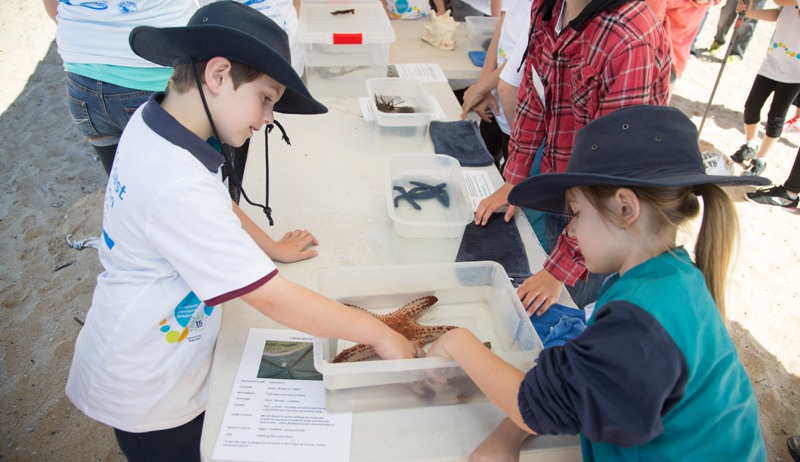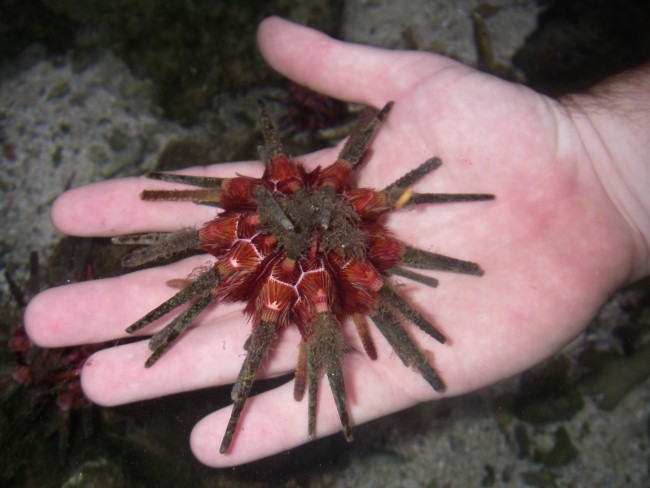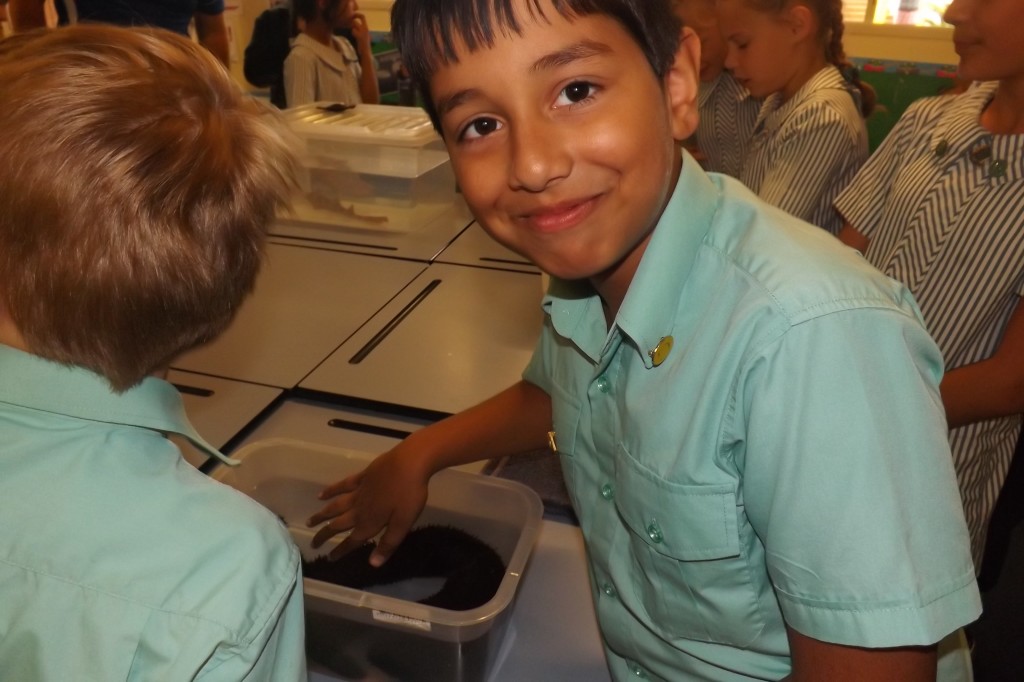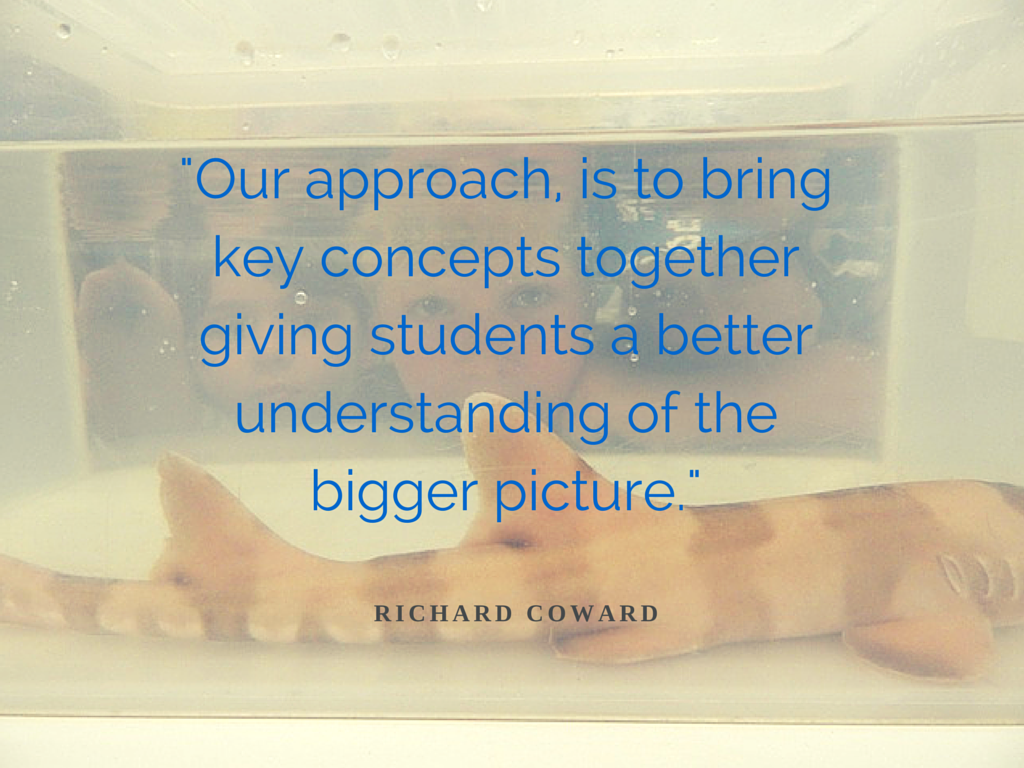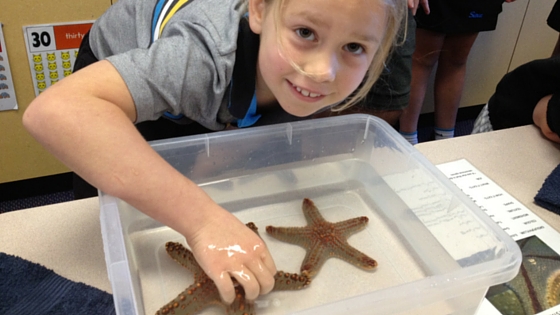
National Science Week is almost here, 13-21 August, and provides students the opportunity to engage with science in a fun and unique way.
At Ocean Life Education we make understanding animals and their natural environment simple and easy to remember. We love empowering students and encouraging them to dig deeper in search for answers.
We strive to provide an invaluable experience propelling the school kids of today into the scientists of tomorrow.
Host a Science Week Ocean Life incursion
Life within the ocean is one of the greatest wonders of the world and what better way to celebrate Science Week than getting up close and personal with live marine life – from the spiky and slimy to beautiful and wonderful – our creatures are all fascinating to learn about.
We look forward to visiting the Year 1 students at Moggill State School and Year 4 students at Clayfield College during Science Week as well as the many early learning centres ready to discover the ocean.
We encourage you and your school to jump on board and enlighten your students towards a brighter scientific future.
Book a science incursion with our live marine animals today.
Get involved
A National Science Week event should:
- be fun for the participants
- be focused on quality science outcomes
- be supportive of your science curriculum
- encourage the participants to want to try more science
- raise the general profile of science within the community
For great conversation, videos and more, visit the National Science Week website.
Our Ocean Life programs
Our fun and interactive programs cover topics such as plastic pollution, climate change, human impact issues, classification, conservation and life cycles to name a few.
Check out our range of curriculum-linked School Program incursions or let us tailor a program to suit your current unit theme.
To book your Science Week Ocean Life incursion, contact us today (spaces are limited)!



